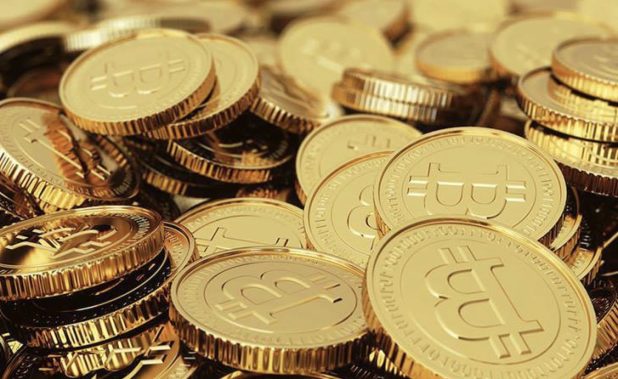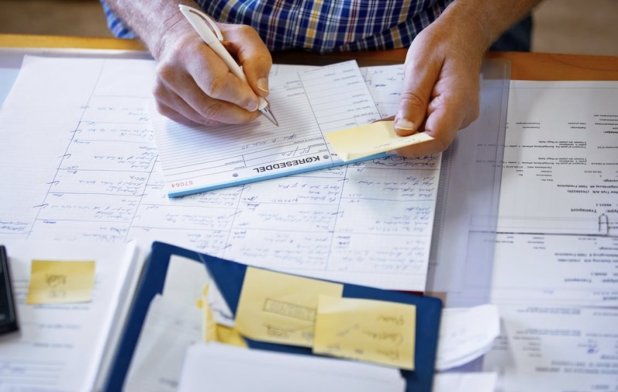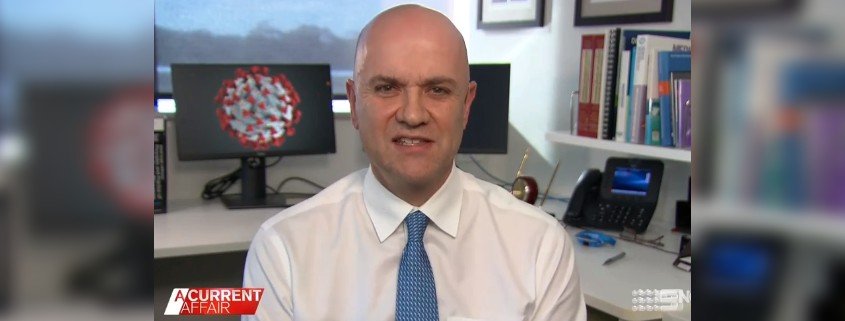Blockchain. It’s the perfect database, the savior of the economy and the answer to all of humanity’s ills – or at least, that’s what its advocates will tell you.
But how much of the posturing and boasting that surrounds blockchain is actually true? Inevitably, the answer depends on what you want to use it for but there’s almost certainly a use-case associated with blockchain relevant to just about everybody on the planet.
Let’s take a quick look:
“Magic Internet Money”
The obvious example of blockchain usage is commerce: Bitcoin. The original cryptocurrency, Bitcoin is a possible harbinger of the cashless world, allowing people the world over to make nearly instant payments and deposits at little to no cost. For that reason, Bitcoin is the babe of the world of commerce and the iGaming industry in particular, with a provider like BitCasino opting to use the “magic internet money” at the expense of fiat options like dollars.
A Bitcoin article penned by the casino stresses that getting started with gaming in the cryptocurrency takes no longer than ten minutes, from opening an account to making a first deposit. And, while that might seem a protracted process compared to using something like PayPal, playing in Bitcoin offers significant security enhancements over conventional money, not to mention provably fair odds on blockchain-based sites.

Digital Matrimony
However, there’s such a thing as blockchain beyond Bitcoin, a concept that could be so significant to industry that Sir Richard Branson holds island parties just to talk about it. Apart from payments and money, one of the most popular uses for blockchain technology is in the storage of digital assets, inclusive of everything from supermarket loyalty points to mortgage agreements, birth certificates, patient records, and just about everything else that can be digitized.
The key point is immutability – what’s in the blockchain can’t be changed, overwritten, or counterfeited; or, to put that another way, it’s not possible for somebody to be denied their identity, their entitlement to land or even their marriage vows if all the relevant documents are stored and verified in a secure way. A similar ethos is at the heart of the company Slock, which digitizes the right to stay in Airbnb rooms on the blockchain.

Smart Contracts
Another non-currency use for blockchain involves Bitcoin rival Ethereum, an impossibly complex ecosystem that allows developers to build and run apps without unwanted interference or downtime, software known as a “smart contract”. A few examples include EthLance, a platform that lets freelancers trade work for Ether (Ethereum’s “Bitcoin”) instead of fiat currencies, and BitNation, a virtual country and something of a political experiment.
One thing to remember about blockchain is that it’s young enough to still be something of a proof of concept; the most elaborate and productive uses of the technology may still be years off. However, in keeping with the meteoric rise of the associated Bitcoin currency, which has broken record after record in terms of its value against the dollar this year, blockchain is far from a passing fad and may one day become commonplace.
It might be worth holding off on that blockchain marriage until the blockchain divorce court comes online though.
Source Article from http://www.hangthebankers.com/why-theres-a-blockchain-application-just-for-you/
Related posts:
Views: 0
 RSS Feed
RSS Feed

















 June 1st, 2017
June 1st, 2017  Awake Goy
Awake Goy 





 Posted in
Posted in  Tags:
Tags: 
















